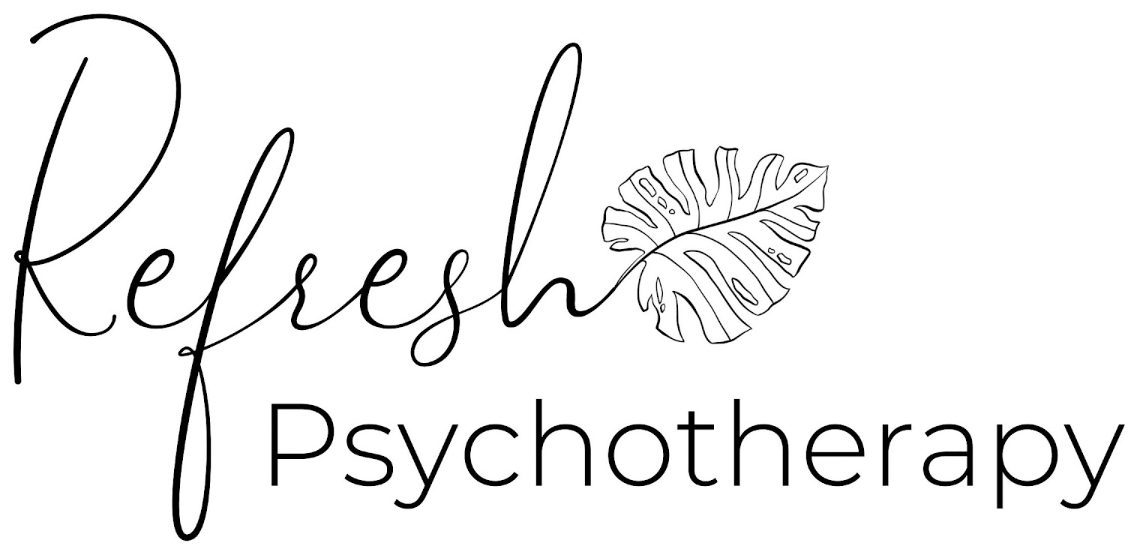
5 Signs that You are a Perfectionist and How to Navigate it
Sometimes I wish I could be perfect in all aspects of life. Do you ever wish that? Do you find yourself wanting to be the perfect partner, employee, student, brother/sister, or friend?
While the definition of perfection may vary between us, we ultimately want to achieve success because it makes us feel accomplished, validated, proud, and unstoppable. In some ways, trying to achieve perfection can increase focus and motivation. But what happens when the outcome is not perfect? How do you feel then?
Realistically, nothing is going to be perfect, especially humans – we are built to make mistakes and learn from them. If you struggle with perfectionism, keep reading as I share five signs that you are a perfectionist and how to navigate the challenges with that come with it:
‘Failure is Not an Option’
Fear of failure is common. Making mistakes doesn’t feel good and we might feel crummy about the mistake, but one of the best parts about life is that we can try again. If you take a chance and fail, take a lead from Aliyah and, “dust yourself off and try again.” For perfectionists, the idea of failing is paralyzing. Perfectionism hinders a person’s ability to take risks in their career or relationships, which compromises the growth that comes with failure.
One thing I encourage patients who experience perfectionism to do is ask themselves, “what’s the worst case scenario?”. This allows you to walk through what you think might be the worst outcome(s) and help to ease any anxiety you might feel about taking a risk. The purpose of this exercise is to help you build confidence in your ability to cope with failure. It opens the door to facing your fears.
Need for Control
Perfectionists feel the need to be in control of every situation or person they come in contact with to ensure a perfect outcome. This is not realistic, so it will often increase anxiety in folks struggling with perfectionism. A bit of advice in learning how to navigate your need for control is to identify what you do have in your control and focus on it. While it doesn’t completely dissolve the anxiety stemming from a lack of control, it is a baby step towards coping with perfectionism.
The need for control might negatively impact your interpersonal relationships. If you find yourself struggling in your relationships due to your need for control, I encourage you to communicate with your loved ones about the anxiety and/or depression you experience when you feel a lack of control. This allows you to practice vulnerability and allows others to support you in what you need emotionally (i.e. a hug, verbal reassurance, understanding).
Good vs Bad
Perfectionism can ignite all-or-nothing thinking, but life does not operate on an all-or-nothing program – it exists in the gray area. It might be paralyzing for folks with perfectionism to accept more than two outcomes in their life. One way to challenge all or nothing thinking is by reframing all-or-nothing thoughts. Ask yourself: what is another perspective on the situation? Use the answer to this to remind yourself of the variability of each situation.
Critical of Self & Others
Fear of failure, need for control, and all-or-nothing thinking creates a domino effect. For example, if you fail at something because of a lack of control, it might trigger self-critical thoughts. Alternatively, if you are a perfectionist, you might actually be fueled by self-criticism.
Witnessing others not striving for perfection can evoke critical reactions from a perfectionist, regardless of intent. While some perfectionists thrive off of being self-critical, it is not the same for others. If you find yourself judging someone else because they are not executing a task in the ‘right way’, practice walking away from the situation or de-centering yourself from the situation.
Self-worth is Dependent on Accomplishments
Recognizing your achievements in life can lead to increased confidence. If you work hard towards a goal and it pays off, you should celebrate that! There is nothing wrong with a desire to achieve your goals in life, whether it be in career, education, or relationships. However, if your self-worth is dependent on only your successes, you might be battling with perfectionism.
Perfectionists often experience bouts of sadness and self-loathing if they feel they have not successfully accomplished a goal. An exercise that can help you cope with perfectionism is practicing self-compassion. For example, if you start to feel depressed due to perfectionism, talk to yourself as if a loved one was sitting in front of you, needing support. Oftentimes, it is easier for us to have more compassion for others than we do ourselves, which is why this exercise can be challenging but rewarding.
While this blog highlights five signs of perfectionism, it does not mean you are a ‘bad’ person if you see these signs in your behavior. Anyone can address the parts of themselves that may be impacting their ability to live a fruitful life. I highly recommend you speak to your therapist or schedule an intake session with one of the many brilliant Refresh therapists who can help you work through the difficult memories and emotions that arise when you think of how perfectionism has negatively impacted your life.
I will leave you with this, “On this sacred path of Radical Acceptance, rather than striving for perfection, we discover how to love ourselves into wholeness.” – Tara Brach (Radical Acceptance: Embracing Your Life With the Heart of a Buddha).
